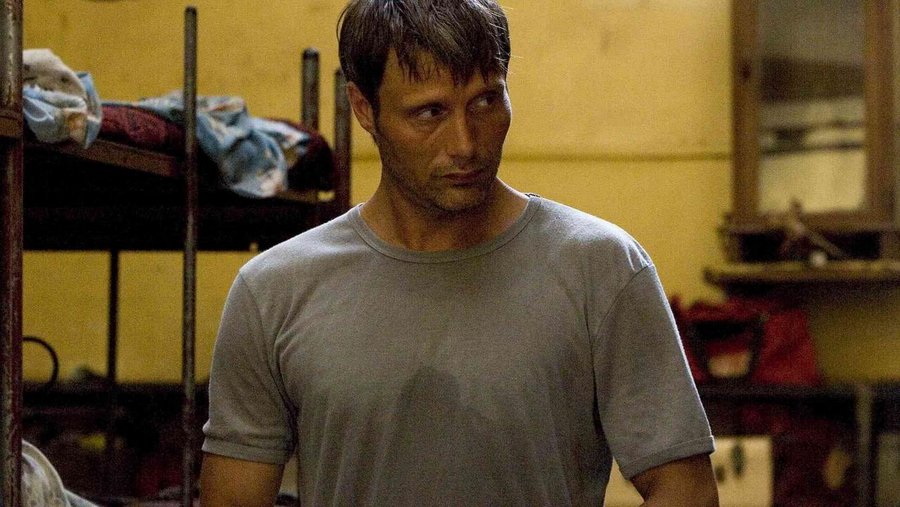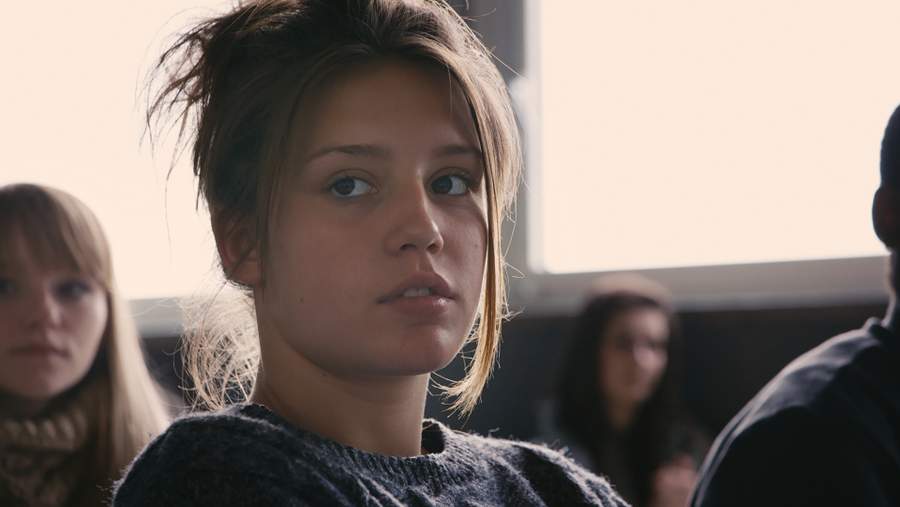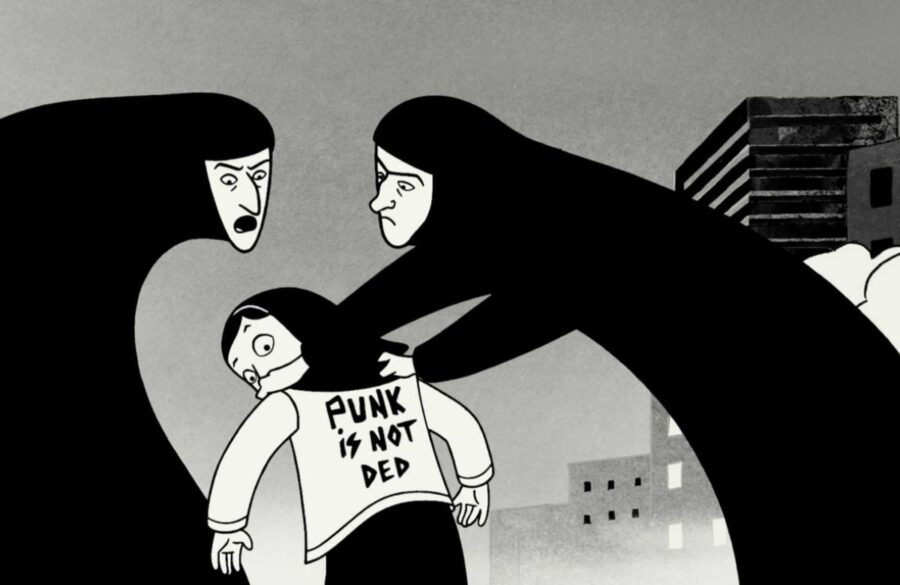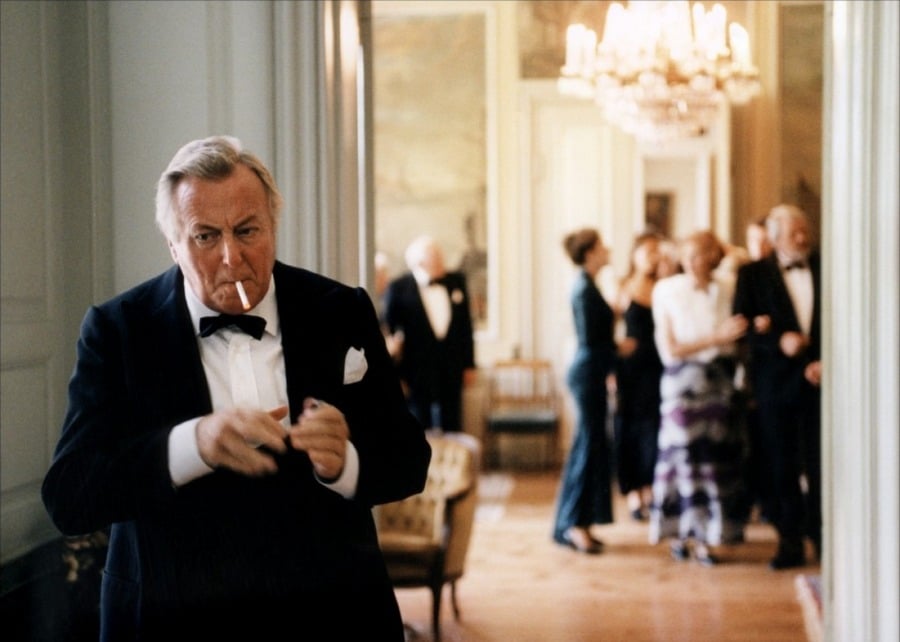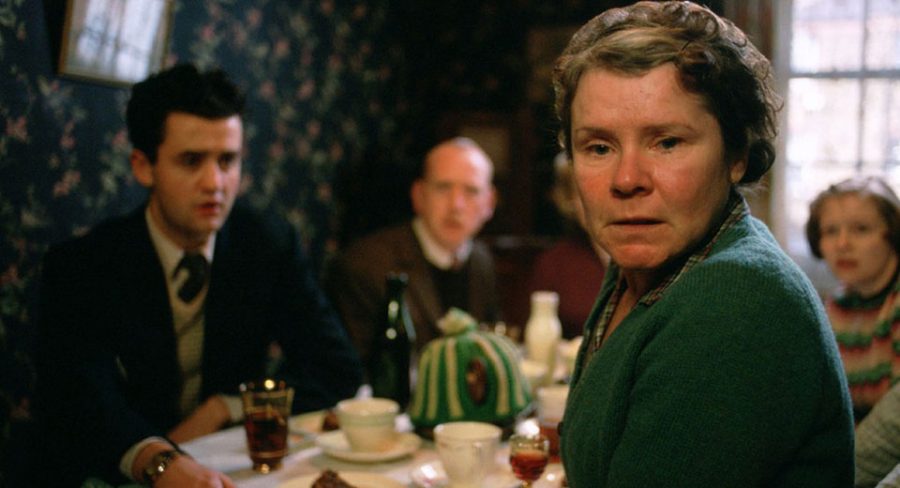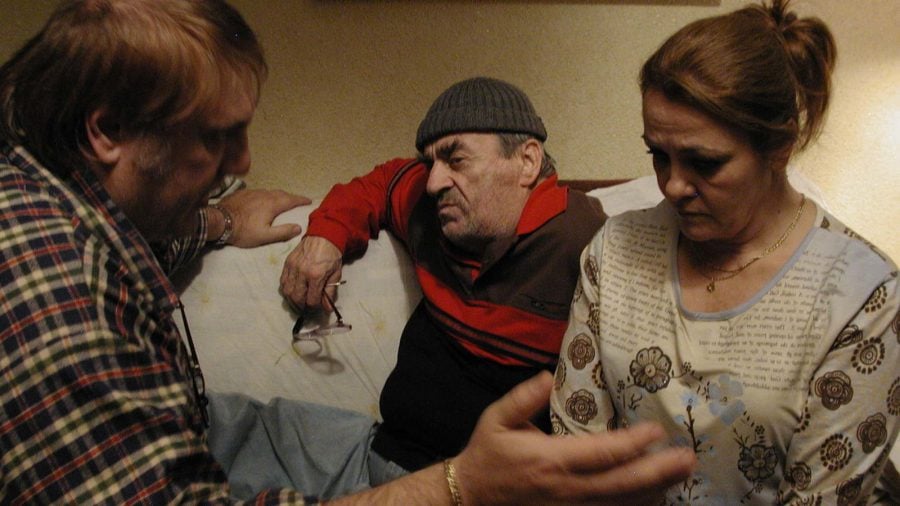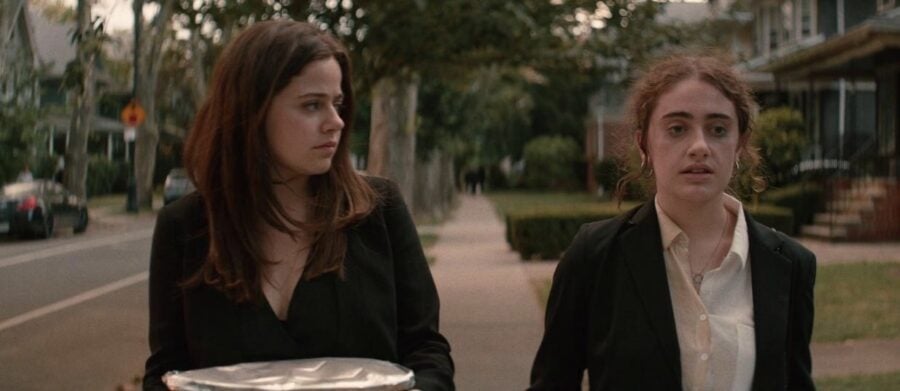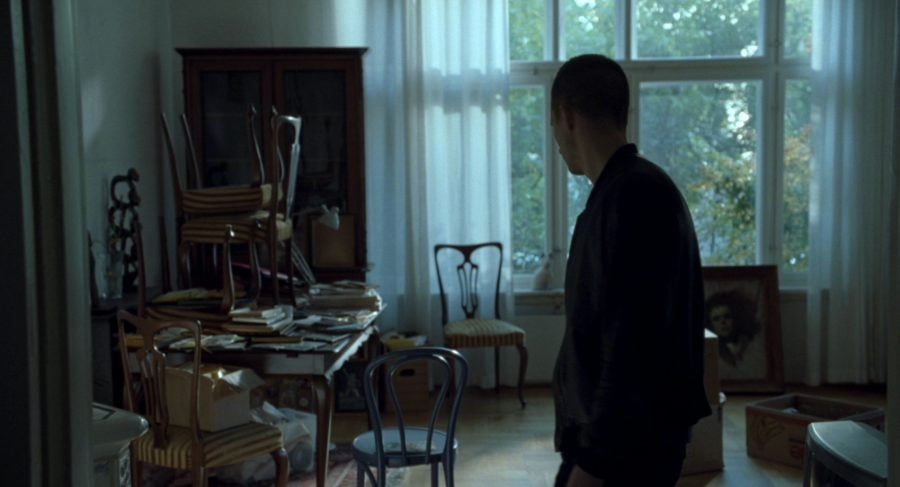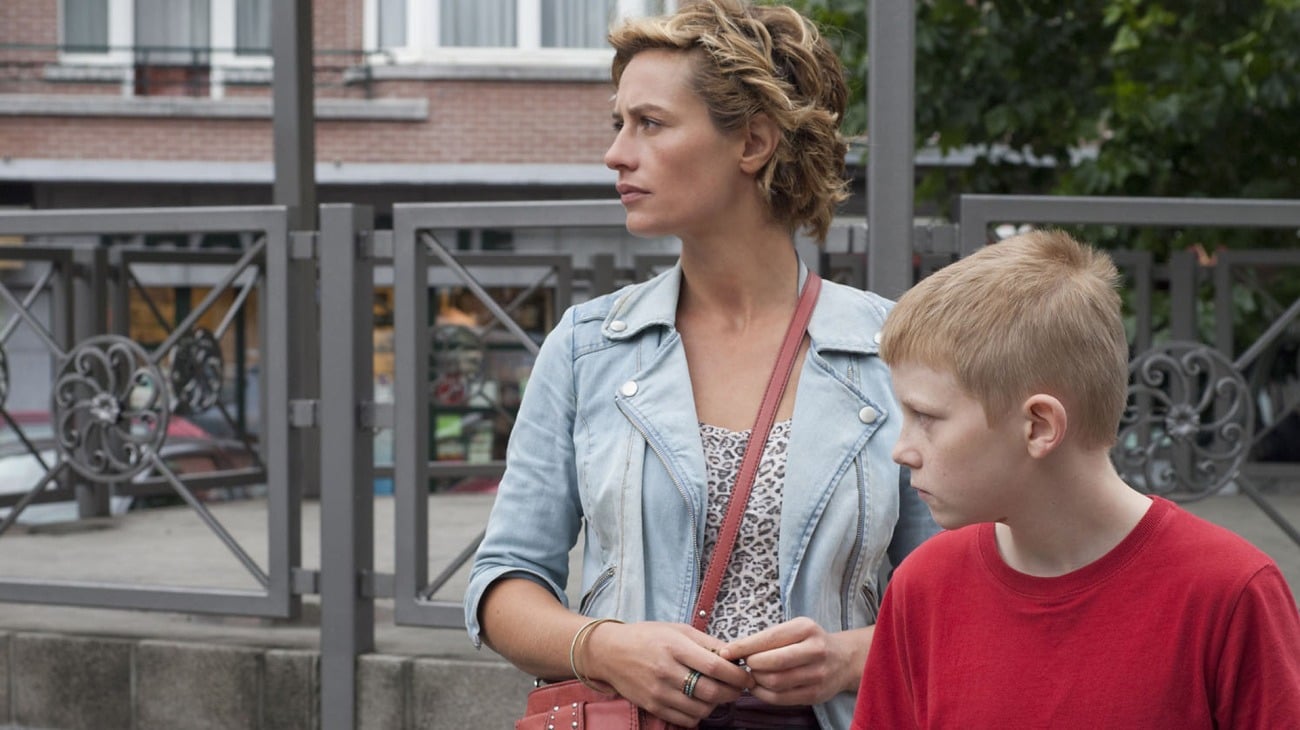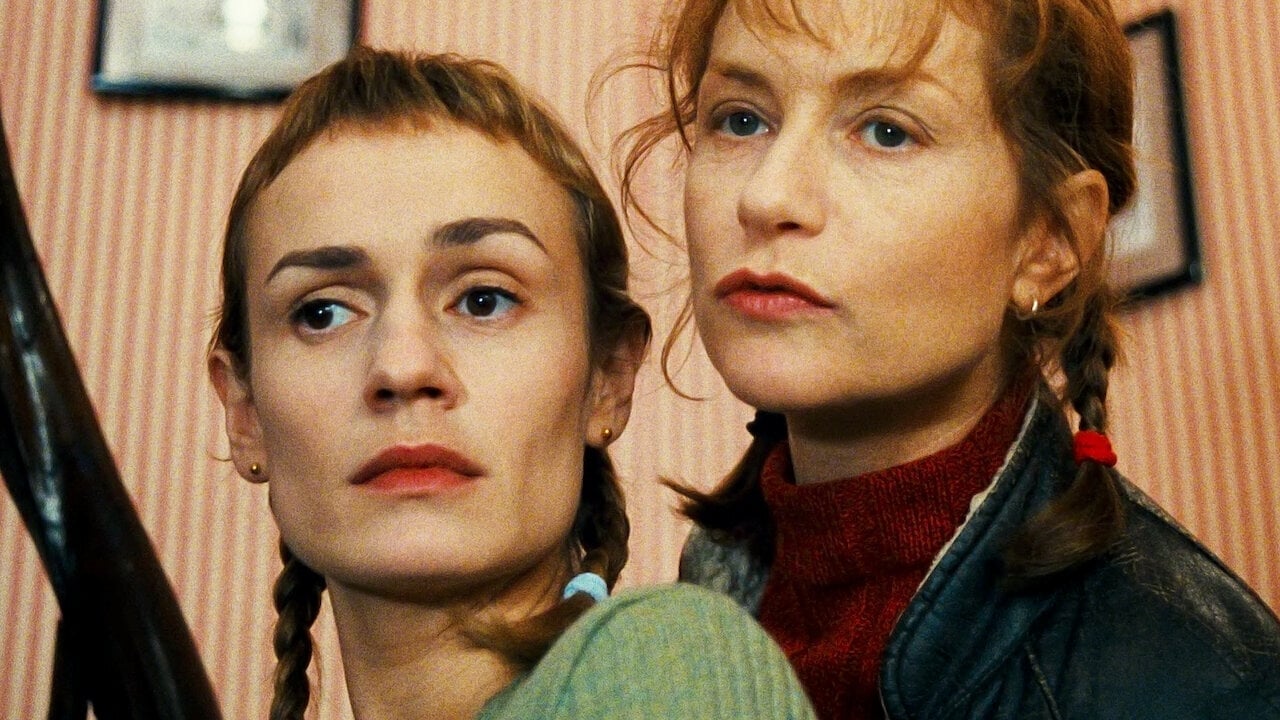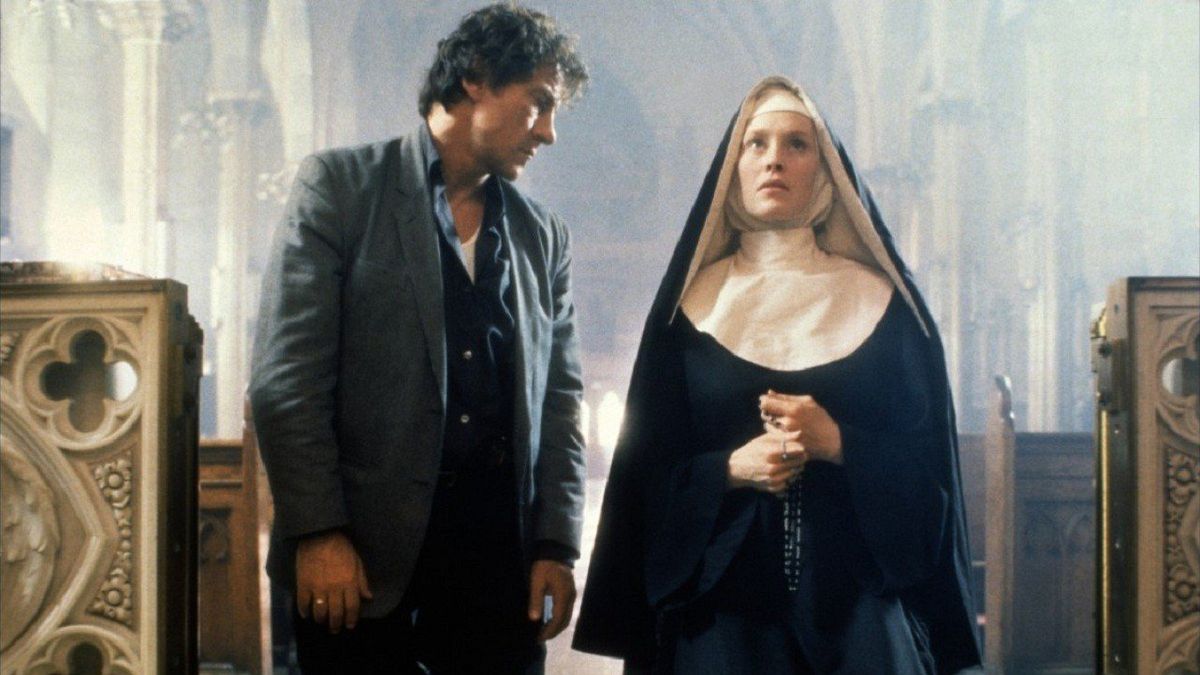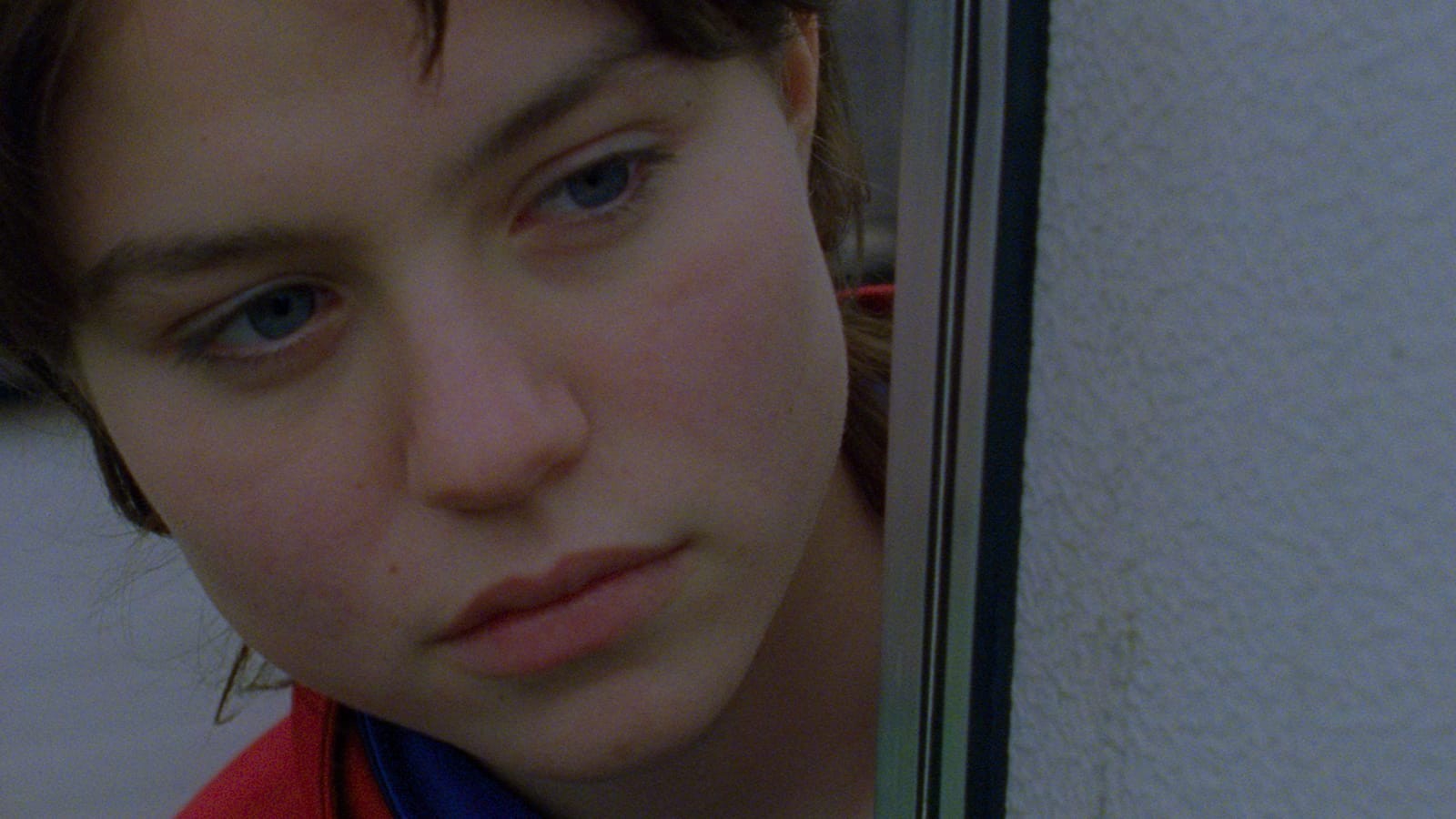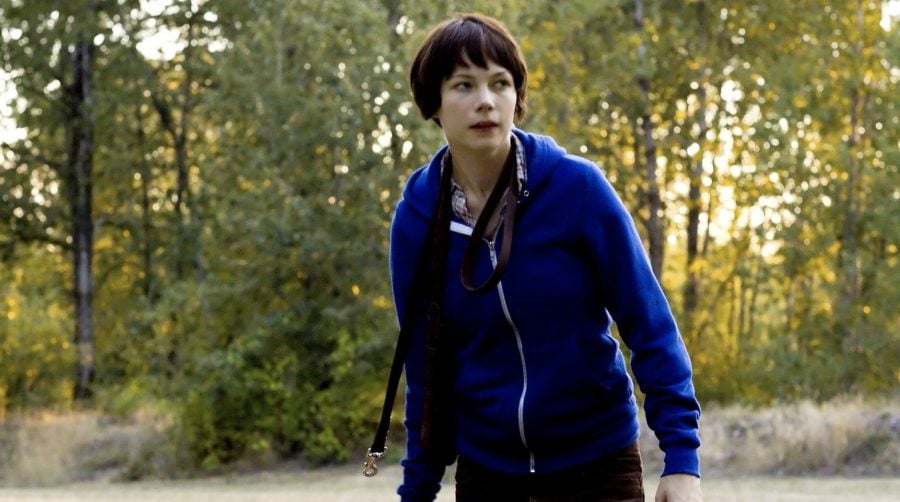Mike Leigh’s forthright and compassionate depiction of working-class life extends to his period pieces as well. Imelda Staunton is remarkable as Vera Drake, a housekeeper in 1950’s London who quietly performs abortions on the side.
Leigh’s vigilant portrayal of class highlights the stark divide between abortion access for the poor and what is offered to the rich. The storytelling is simple and straightforward, he doesn’t over-sentimentalize or grandstand, but merely depicts conditions as they were. Meanwhile, Staunton’s Vera oozes so much fullness, warmth, and empathy, that the heartbreak that follows is mercilessly palpable.
Genre: Drama
Actor: Adrian Scarborough, Alan Williams, Alex Kelly, Allan Corduner, Angela Curran, Anna Keaveney, Anthony O'Donnell, Billie Cook, Billy Seymour, Chris O'Dowd, Craig Conway, Daniel Mays, Eddie Marsan, Eileen Davies, Elizabeth Berrington, Emma Amos, Fenella Woolgar, Gerard Monaco, Heather Craney, Helen Coker, Imelda Staunton, Jake Wood, James Payton, Jane Wood, Jeffry Wickham, Jim Broadbent, Joanna Griffiths, John Warman, Judith Scott, Leo Bill, Lesley Manville, Lesley Sharp, Liz White, Marion Bailey, Martin Savage, Nicholas Jones, Nicky Henson, Nina Fry, Paul Jesson, Paul Raffield, Peter Wight, Phil Davis, Richard Graham, Robert Putt, Rosie Cavaliero, Ruth Sheen, Sally Hawkins, Sam Troughton, Sandra Voe, Sid Mitchell, Simon Chandler, Sinéad Matthews, Tilly Vosburgh, Tom Ellis, Vincent Franklin, Vinette Robinson, Wendy Nottingham
Director: Mike Leigh
Rating: R

